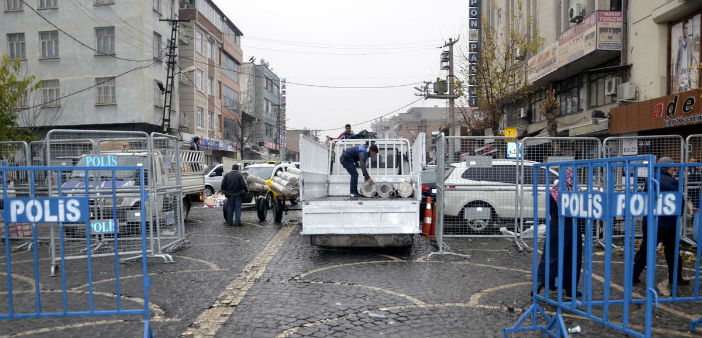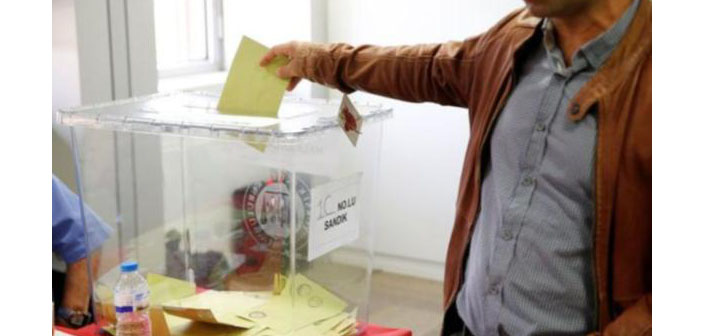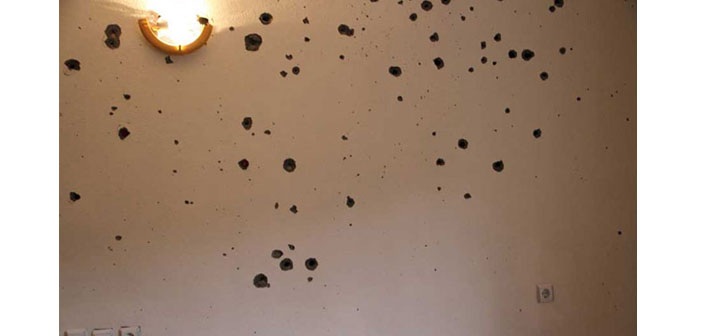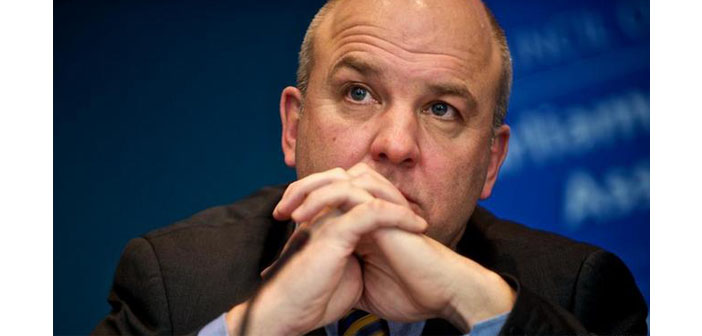A new report realesed by Council of Europe’s Monitoring Committee, has criticised the Turkish government on multiple counts: Human rights abuse allegations in Kurdish areas, Restrictions on press freedoms and freedom of speech, ect…
In a report released on June 20, entitled ‘The functioning of democratic institutions in Turkey,’ the Council of Europe’s Monitoring Committee has criticised the Turkish government on multiple counts. The report discussed and voted upon on yesterday by the Council of Europe’s General Assembly, meeting for its summer session in Strasbourg this week.
As Turkey is a member of the Council of Europe, it is expected to comply with the recommendations and rulings of the council. In the report the Monitoring Committee expresses fears over the functioning of Turkey’s judiciary and democratic institutions, media freedom and alleged human rights abuses committed during security operations by the Turkish military in the south-east.
Human rights abuse allegations in Kurdish areas
The report portrays concern over allegations of human rights abuses occurring during security operations in the south-east since June 2015. While the Council of Europe notes that terror attacks by all groups, be they ISIS, the PKK or TAK, should be ‘unequivocally condemned,’ the EU Commissioner for Human Rights Niels Muižnieks ‘questioned the very weak basis’ on which Turkish authorities could impose 24-hour curfews with ‘drastic restrictions of basic human rights.’
The Committee also stressed the importance of property rights, as safeguarded by the European Convention on Human Rights, in light of the emergency expropriation of lands in Sur on March 21 2016. Given that Sur was declared a UNESCO World Heritage site in 2015, the report expressed concerns for both the damage of heritage buildings and the rights of displaced persons.
The Committee recommends that Turkish authorities complete thorough investigations into human rights violations allegations, with a particular stress on events in Cizre. Suggesting that the government set up an independent fact-finding team, as well as strengthening independent human rights monitoring bodies, the report hopes for transparency of procedure in regards to investigating such abuses and greater access for the media.
Restrictions on press freedoms and freedom of speech
The report also touches on the 18 March 2016 agreement between the EU and Turkey on refugees. In order to attain visa liberalisation measures with the Schengen Zone of the EU, Turkey must fulfil a remaining 5 benchmarks. Amongst these are proposed revisions to anti-terror laws in Turkey, which the report criticises as pertaining to an ‘overly wide definition of terrorism.’
Within this criticism, the report notes the detainment of several journalists under the anti-terror laws, as well as the ongoing criminal procedures launched against members of Barış İçin Akademisyenler (Academics for Peace). Muižnieks has said that the statement of Academics for Peace fell ‘within the boundaries of free speech,’ also adding yesterday a statement on the ban of Istanbul’s Trans and LGBT Pride marches.
'Peaceful Pride festivals organised by LGBTI persons and other supporters of their rights are important events in democratic societies,’ said the EU Commissioner for Human Rights Muižnieks. ‘Under European human rights standards, Turkish authorities have a positive obligation to guarantee both public security and the freedoms of expression and assembly,’ he added.
In addition to criticising lack of media access to areas under curfew, the report clearly condemns restrictions on press freedoms within Turkey. Freedom House, an international press freedom monitoring body, ranked Turkey this year as ‘not free,’ in the position of 156 out of 199 countries.
'It should be possible to conduct domestic and foreign investigative journalism on all topics, and in all regions,’ states the report, in particular noting the case of Can Dündar and Erdem Gül. The detention of journalists under anti-terror laws, it states, may have cause ‘self-censorship’ in media outlets.
In addition to criticising the detainment and pending prosecution of journalists, the report reproved the government for controversial moves made against the Doğan Group (owner of Hurriyet), the takeover of Koza İpek Holdings (owner of Millet and Bugün) and the seizure of Zaman.
Recommendations for Judicial reform
Crucially, the report invites Turkey to repeal Article 299 of the Penal Code, which concerns insults to the President of the Republic. The report makes multiple criticisms of Article 299, claiming that an ‘abusive application’ of the law has led to ‘an undue restriction of freedom of expression.’ This restriction is illustrated by almost 2,000 cases made in the last 2 years under the law against journalists, academics and other citizens.
The report also questions the democratic functioning of the judiciary in Turkey, noting an increase in restrictive measures after the disclosure of corruption cases against four ministers and President Erdoğan’s son in December 2013. It suggests the implementation of a judicial reform strategy, aiming to tackle corruption and partisan favour in the judiciary.
The final recommendations of the report, as well as suggesting the repeal of Article 299, include an invitation to repeal or amend Article 301 (Degrading the Turkish Nation, the State of the Turkish Republic, the Organs and Institutions of the State), ‘limit the use of Article 216’ to be used ‘only in cases of open incitement to violence, armed resistance or uprising,’ and ‘ensure a strict interpretation of Article 314 (Membership of an Armed Organisation) so as to limit it to cases which do not involve the exercise of the rights to freedom of expression and assembly.’
Conducted after fact-finding trip to Turkey
The Council of Europe, of which Turkey has been a member state since 1950, is a central organ of the European Union focused on human rights and democracy. The report of the Monitoring Committee, whose responsibility is to honour the obligations and commitments of member states of the Council of Europe, is informed by research conducted by co-rapporteurs Ingebjørg Godskesen and Nataša Vučković, who made a fact-finding trip to Turkey from 9 to 13 May. The fact-finding mission included a one-day stay in Diyarbakır, where the co-rapporteurs met with officials, local activists and displaced persons.





